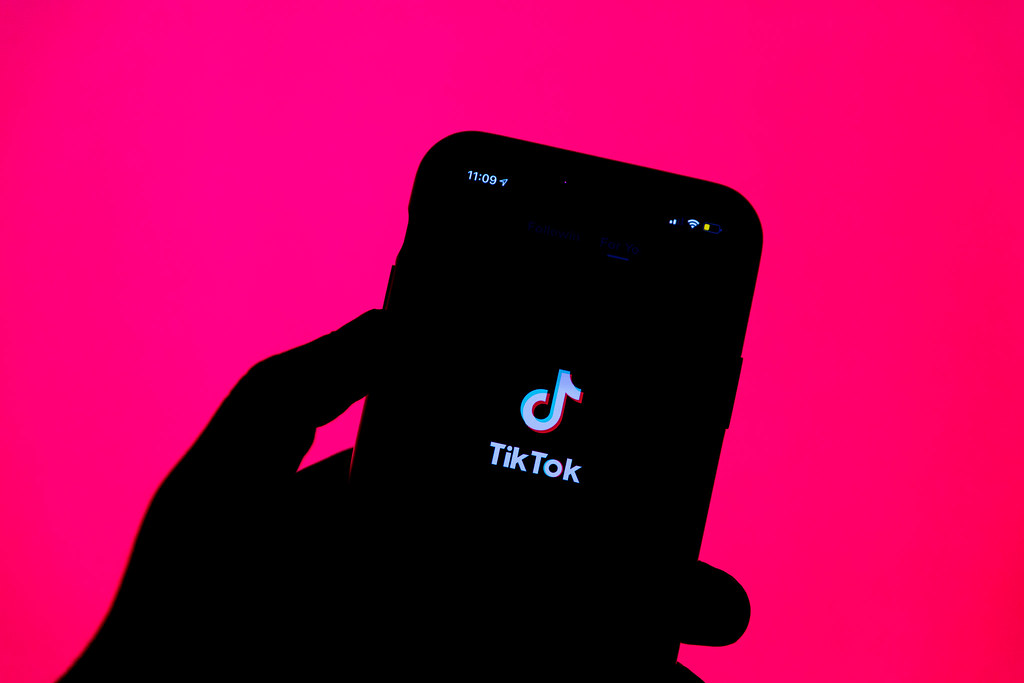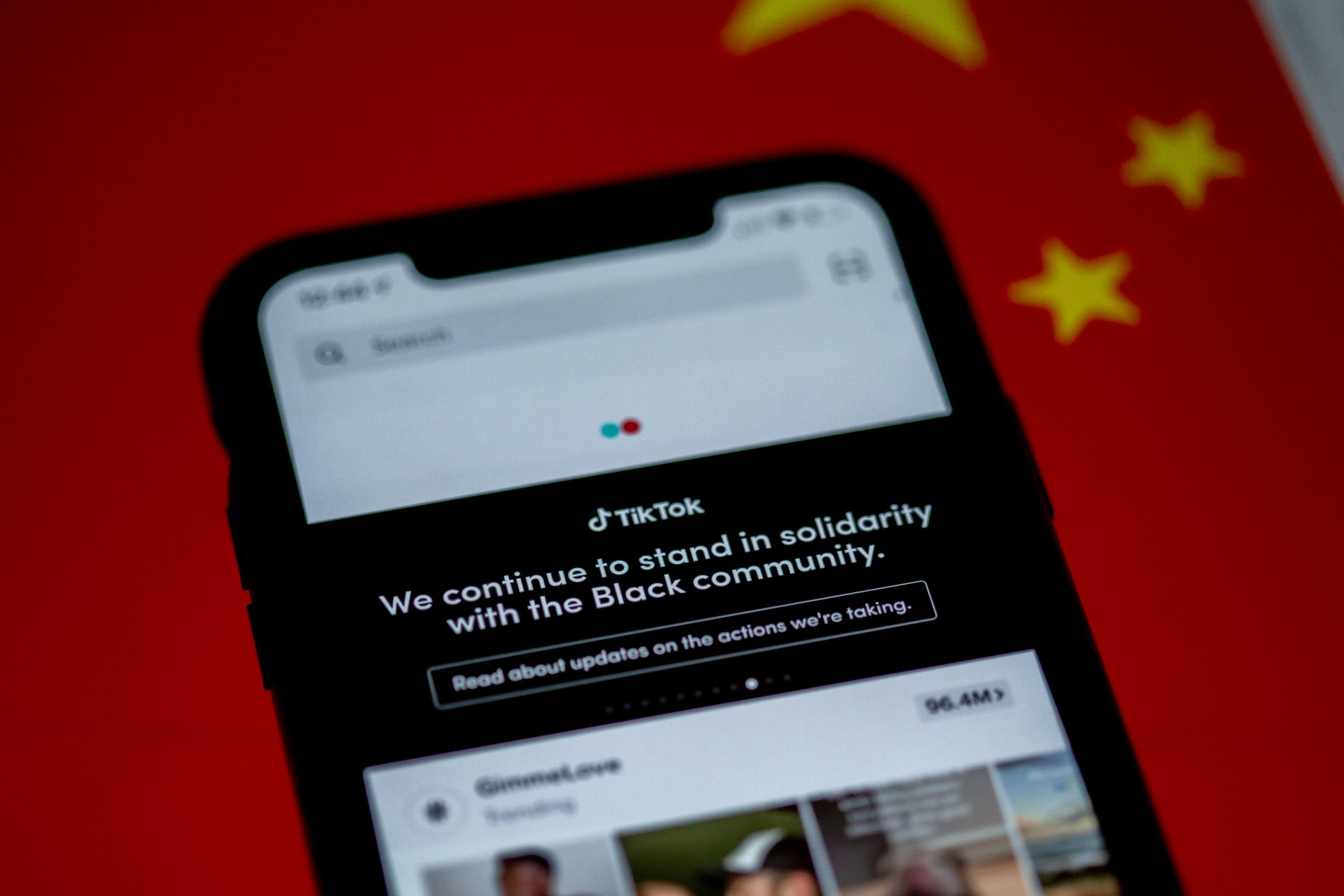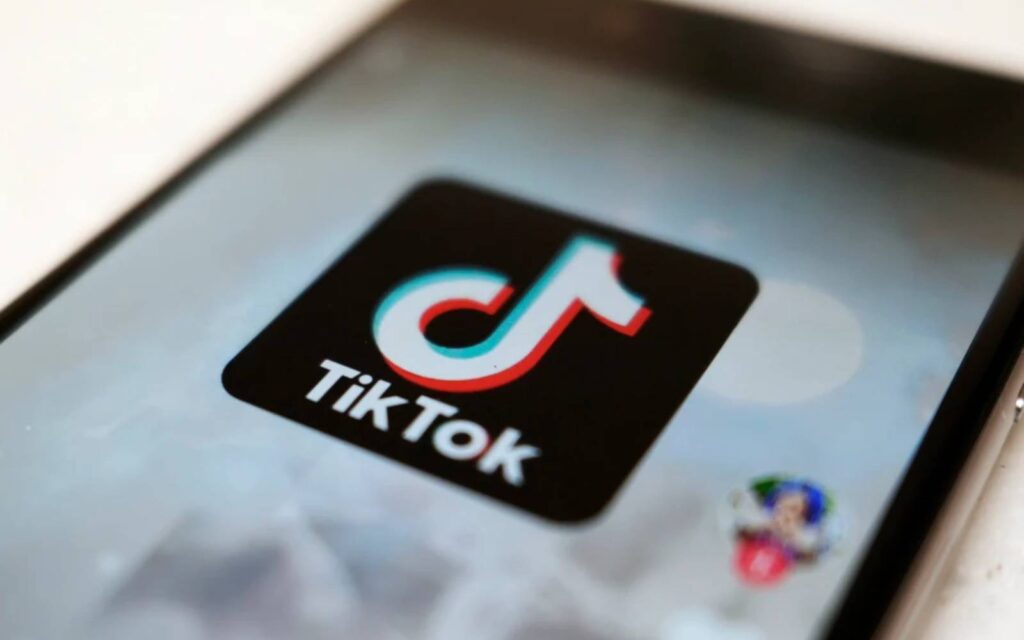TikTok has become a huge hit worldwide, but its popularity in Japan is causing some worries. People are concerned about privacy and security. So, is TikTok banned in Japan? The answer is not simple.
Japan hasn’t banned TikTok completely. But it’s not allowed on government devices that handle sensitive information. This shows a growing trend in many countries to worry about data security and foreign influence.
Current Status of TikTok in Japan
In Japan, there’s a balance between enjoying social media and keeping data safe. As worries grow globally, it’s important to understand Japan’s view on TikTok.

Government Regulations on TikTok
Japan hasn’t banned TikTok, but it has rules for its use, mainly on government devices. Lawmakers are talking about stricter rules because of security concerns. They worry about sensitive data being accessed.
These rules aim to keep sensitive info safe from apps. Public workers might not be able to use TikTok on work devices. This is like what many countries have done. It shows a global trend of checking how these platforms affect privacy and security.
Public Response and Usage Trends
People in Japan have mixed feelings about TikTok. Despite worries, it’s still very popular, mainly among the young. By early 2024, TikTok’s popularity in Japan has grown, thanks to its fun short videos.
Many users know about the risks but still use TikTok. Young people see it as a way to be creative and connect with the world. Even with government rules and privacy worries, TikTok is still a big part of Japan’s social media scene.
For more detailed insights into social media trends in Japan, visit this resource on social media growth in Japan.

Photo by Markus Winkler
Reasons Behind the Concerns
As Japan scrutinizes TikTok, several concerns have surfaced, primarily centred around data privacy and security. The implications of TikTok’s operations raise questions among officials about how user data is managed, especially given the platform’s ownership by ByteDance, a Chinese company. With these concerns in mind, let’s examine the specific worries that drive the discussion around TikTok in Japan.
Data Privacy Issues
Japan is looking closely at TikTok because of privacy and security worries. The fact that TikTok is owned by ByteDance, a Chinese company, is a big concern. Let’s look at the main worries about TikTok in Japan.
The main worries are:
- User Data Access: There are reports that ByteDance employees in China have accessed U.S. user data. This makes people worry that Japanese users could be at risk too. A Congressional Research Service report has highlighted these debates about TikTok’s data handling.
- Lack of Transparency: Users are unsure about how their data is used. They don’t know that TikTok can access their personal info. This lack of transparency makes it hard for people to trust TikTok.
- Potential for Surveillance: Some think TikTok could be used for surveillance. Users share location data and personal info without knowing it. This could be used by others.
These privacy worries are big for TikTok users in Japan. They wonder who has their data and how it might affect their online life.
Security Risks Involved
Privacy issues are not the only worry with TikTok. Security risks are also a big concern. Japanese officials are worried about what could happen if sensitive data gets into the wrong hands.
Some specific security risks include:
- Espionage Potential: Many apps from China are seen with suspicion. Officials fear TikTok could be used for espionage. Experts say the app might collect data that could harm national interests, as reported by the Center for Strategic and International Studies.
- Cybersecurity Vulnerabilities: The app could introduce vulnerabilities to government systems. Officials worry that using TikTok on work devices could open doors for cyberattacks. Limiting its use is a measure taken by other countries to protect against these risks.
- Disinformation Concerns: There’s a fear that TikTok could spread disinformation. This could influence public opinion and cause social unrest.
TikTok’s presence in Japan shows a growing concern about digital issues. Officials are weighing the risks and considering the app’s impact on society and national security. These discussions are crucial for shaping TikTok’s future in Japan.
Potential for Future Restrictions
There’s a growing focus on potential TikTok restrictions in Japan. With concerns about data privacy and security, it’s important to look at the legislative landscape. This will help understand the implications for users and content creators.
Legislative Actions Considered
Japan’s lawmakers are discussing various regulatory actions for TikTok. A group in the ruling Liberal Democratic Party (LDP) has proposed banning TikTok and similar apps due to national security risks. A thorough review of this proposal is planned to ensure user safety and privacy.
Japan has already restricted TikTok on devices handling sensitive data. This shows officials are cautious and want to protect user data from misuse by foreign entities.
There’s a push for stricter regulations to protect user data and maintain digital integrity. As lawmakers consider bans, the conversation will continue to evolve. This reflects broader concerns in our tech-sensitive world.
Impact on Users and Content Creators
If Japan bans TikTok, users and content creators could face significant consequences. Many young people in Japan use TikTok as a creative outlet and for self-expression. It’s a hub for trends, challenges, and music, creating a vibrant community. A ban could disrupt this in several ways:
- Loss of Creative Platform: Content creators would lose a key space for sharing their creativity. This could make it harder for them to connect with followers and showcase their talents.
- Shift to Alternative Platforms: Users might move to other social media platforms. But, this transition might not be smooth. New platforms like RedNote might not have the same audience or engagement, causing instability for creators.
- Increased Competition: With many platforms competing for attention, navigating the digital landscape could get harder. Creators might struggle to keep their audience as they move to new apps.
- Economic Factors: A TikTok ban could financially hurt many content creators. They might rely on sponsorships, collaborations, or brand deals that TikTok facilitates. Losing access could force them to find new revenue streams, making their creative journeys more complicated.

Photo by Daniel Bolding
Comparative Analysis with Other Countries
As Japan evaluates its stance on TikTok, it is helpful to examine how other countries have approached this popular platform. By examining places that have chosen to impose outright bans and those that have applied limitations, we can better understand the global landscape of TikTok’s regulation.
Countries with Full Bans
Several countries have taken the drastic step of fully banning TikTok. The reasons for these decisions vary but often revolve around concerns about data privacy, national security, and social issues tied to the app. Here’s a quick overview of notable countries that have banned TikTok completely:
- India: In 2020, India prohibited TikTok and numerous other Chinese apps following a border clash with China. The ban stemmed from worries about user data privacy and security.
- Afghanistan and Pakistan: Both countries have implemented bans, primarily targeting concerns about immorality and the potential influence of violent content among youth.
- Bangladesh: Like its neighbours, Bangladesh has taken action against TikTok due to its perceived negative impact on children and teenagers.
- Others: Countries like China, where TikTok is unavailable, have their version of Douyin. The common thread among these nations is apprehension about the risks of foreign influence and data management practices within the app.
For further details on the global ban of TikTok, check out this article.

Photo by Solen Feyissa
Countries with Restrictions on Government Devices
Some countries banned TikTok but others just restrict it on government devices. They worry about national security and protecting sensitive information. Here are some countries with these restrictions:
- United States: The U.S. banned TikTok on federal devices due to data breach and espionage fears. The FBI also shared these concerns.
- Canada and Australia banned TikTok on government devices for security risks and data collection.
- European Union: EU institutions banned TikTok on staff devices for privacy and data misuse concerns.
- Taiwan and the UK: Taiwan banned TikTok for public sector employees for security threats. The UK restricted TikTok for cybersecurity concerns.
These restrictions show a growing trend to check apps that might risk government data and public safety. For more on this, read here.
Is TikTok Banned in Japan? Conclusion
TikTok is not banned in Japan yet, but concerns about data privacy and security are growing. Users can still use TikTok, but there are limits on government devices.
Japan’s approach mirrors a global trend of stricter rules on apps linked to foreign interests.
The future of TikTok in Japan might change as lawmakers consider stricter measures.
Users can still enjoy TikTok, but staying informed about these discussions is important. What do you think will happen next? Share your thoughts.



